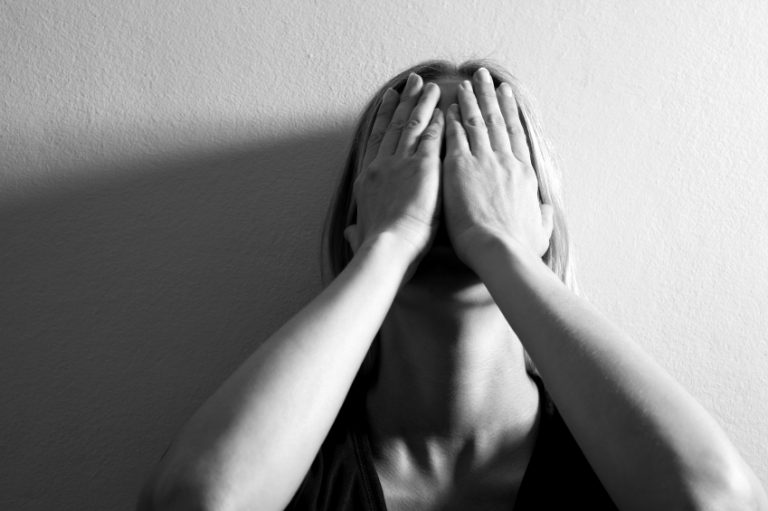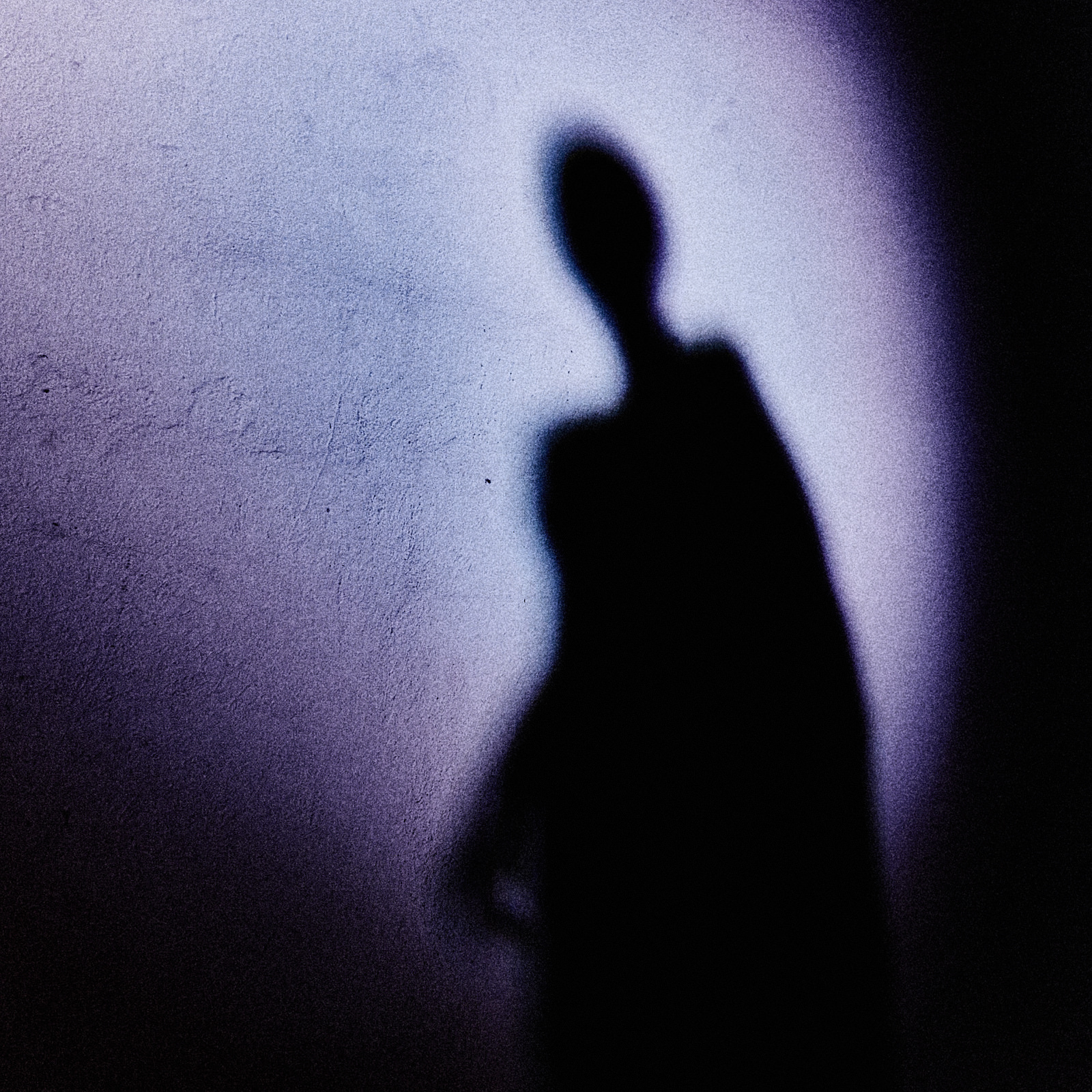Women were increasingly being silenced from speaking out about abuse by the threat of defamation law as a result of ‘a backlash’ against the #MeToo movement, according to campaigners this week. An event, organised by the Centre for Women’s Justice, featured contributions from three speakers who were each involved in separate libel actions aimed at preventing them from speaking out. The group’s chair Harriet Wistrich explained that the new legal charity, which aims to hold the state to account around violence against women and girls, had itself received a letter threatening legal action over the event. ‘This is an issue we feel very strongly about. We don’t want to be bullied into silence,’ she said.
One of the speakers was Nicola Stocker whose case (Stocker v Stocker) is to be heard before the Supreme Court today. Her former husband had sued her over statements she had posted on Facebook in an exchange with his new partner. She had claimed that he had ‘tried to strangle’ her, leaving red marks on her neck. The respondent had subsequently been arrested.
The ex husband had sued on the basis that the words meant he had tried to kill the appellant. Mr Justice Mitting agreed. He found that Mr Stocker ‘did in temper attempt to silence her forcibly by placing one hand on her mouth and the other on her upper neck under her chin to hold her head still’; however as ‘his intention was to silence, not to kill’, Mitting ruled that her comment incorrectly presented him as a ‘dangerous and thoroughly disreputable man’.
Wistrich said that the case revealed ‘a shocking ignorance amongst members of the judiciary of the realities of domestic violence’. ‘The fact that Mr Stocker was arrested and red marks were observed by the police on the victim’s neck is a serious warning of escalation of violence regardless of whether he had any intent to kill,’ she said. The solicitor said that she was ‘appalled that a woman speaking out about an accepted incident of domestic violence has been silenced and severely financially penalised’.
Nicola Stocker told the meeting that the last ‘six years of my life – and that of my family and friends – has been blighted’ by legal action. At the beginning of the case, she had been diagnosed with extensive breast-cancer and recounted how her parents had been door-stepped by journalists on the day they were due to pick their daughter up from mastectomy surgery. There is no legal aid for defamation cases. ‘The only option I could see was to represent myself if my ex pushed ahead with proceedings. The odds of successfully defending a libel case in this country are very small and the legal costs are huge. As I saw it, if I lose, I would not be able to pay my legal costs, his legal costs and damages.’ Nicola Stockley managed to find a lawyer prepared to take the case on a ‘no win, no fee basis’ – the libel specialist David Price.
‘I find it incredibly sad that a legal system I held in such high regard enables men and I am sure women with enough wealth behind them to do this,’ she told the meeting. ‘I hope parliament will sit up and listen and one day make the changes so clearly needed.’ Following an unsuccessful appeal to the Court of Appeal, according to the Centre for Women’s Justice the legal costs she must pay to date are in excess of £200,000.
#MeToo Backlash
The meeting was held on the day that the government published its new draft Domestic Abuse Bill. Caoilfhionn Gallagher QC, a barrister at Doughty Street, noted that it was ‘deeply ironic’ that on the very day economic abuse was recognised as part of domestic abuse ‘we’re sitting here in circumstances where three of our speakers have been quite clearly cowed into not being able to say precisely what they want to say because they are being threatened. The irony of Harriet having received a letter before claim is astonishing.’
The Supreme Court is also considering the case of Lachaux v Independent Print which concerns allegations made by a wife during an acrimonious divorce that the husband had waged a campaign of intimidation and harassment against his wife. The claims appeared in The Independent, ‘i’, the Evening Standard and the Huffington Post.
Context is all, Gallagher said. ‘But context is sadly lacking in the Supreme Court’s examination of the Lachaux case,’ she said; noting that the court declined interventions from both Southall Black Sisters and Liberty. She argued that the Supreme Court should not restrict itself to ‘focusing on narrow technical issues’ of media law. ‘Instead, it must look, as the European Court of Human Rights has done, at the intersection of defamation issues and violence against women. It is deeply depressing but that hasn’t happened.’
Pragna Patel, chief exec of Southall Black Sisters, said the case ‘illustrated the way in which rich men enjoy the benefits of the full armoury of defamation laws, nondisclosure agreements and emergency injunctions. They are all used to silence women.’
‘The media presents a key democratic space to ensure long suppressed accounts of abuse and domestic violence can come to the surface and be taken seriously. That is what the #MeToo movement is all about – but I fear the tide is turning on that. This is the paradox of the movement. In our experience the Lachaux case has had chilling impact on media coverage on issues such as domestic violence.’
Pragna Patel, Southall Black Sisters
Patel said that Southall Black Sisters almost had to withdraw from BBC documentary on domestic violence because of ‘its insistence that the husbands of unnamed women alleging abuse and abandonment were given the right to reply in ways that negated the women’s accounts of abuse and exposed them to risks of reprisals’. ‘Such a narrow and timid approach for the media reduces the ability of women to use the media as a vital tool to hold abuses and institutions to account. What we’re seeing is a concerted backlash against the #MeToo movement leading to what has been described as an asphyxiating vortex of litigation.’
Tamsin Allen, a defamation lawyer at Bindmans, spoke of her experience representing three of a group of six young women in the punk music scene currently defending themselves against defamation claim made by a singer in a band who (as Allen put it) professed himself to be ‘a friend to feminism’.
‘Some of the women made allegations of predatory and manipulative behaviour. Some had personal experience of that and others were supportive,’ Allen said. ‘They were trying to call out what they saw as tolerance of abusive behaviour in their industry, and the hypocrisy of the man involved.’ The women have launched a crowdfunding campaign to cover the costs of their defence (Solidarity not Silence).
Allen said that there was ‘an oddity about libel law’ which had been developed partly to protect individuals against ‘powerful media interests’. ‘So people with the resources are supposed to be the ones with the burden to defend the claim.’ If an allegation is made then, it is the person who makes the allegation who has to prove it which was, Allen said, ‘a very, very heavy legal and financial burden and where you are attempting to prove the truth – as some of these women are aiming to do – then all of that burden is on the person being sued’.
Allen said: ‘They don’t want to be sued, they didn’t ask to be sued. They are the defendant in a libel claim and cannot walk away from it and yet they have the have the burden of demonstrating it is true… . So we have a group of six young women who have tried to call out what they saw as aggression abuse and hypocrisy in the industry who have ended up in the horrendous position that they have to try and prove that this man is what they say he is.’
Baroness Helena Kennedy QC said it was ‘important that we see this issue in the context of the failure of the legal system to understand the lives of women’.
She called the #MeToo movement ‘civil disobedience’. ‘In the social contract that exists in democratic societies you go to the law when you have been wronged. But we know the law doesn’t deliver for us. We have seen it and we have tried it and it doesn’t deliver. And therefore we are using a different mechanism. We are throwing a brick through a window. It is a essentially civil disobedience like the suffragettes deciding whether to put a match into a postbox. But as happens with civil disobedience, you can get punished. If you do go public, we have to warn people that they are at risk of punishment being used by powerful men to silence them.’







